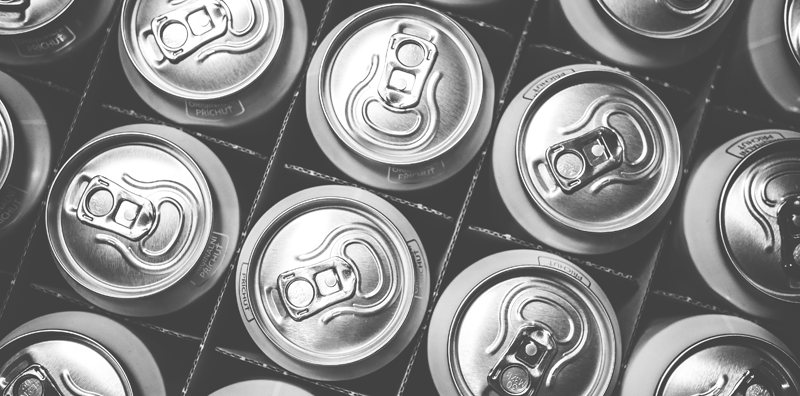
If you and your partner are struggling to conceive you might want to examine your work environment, and your beer can. You know that the places we work and the materials we surround ourselves impact our health, but did you also know they can have an effect on male fertility?
Commonly considered a women’s issue, infertility affects both genders equally. Men contribute to 50% of infertility cases, and they’re solely responsible for infertility in 20-30% of couples.
There are several factors that can lead to male fertility issues, including diet, excessive exercise, obesity, stress, medication, and physical disorders. However, one factor is often overlooked—the environment.
Exposure to environmental pollutants, toxic elements, as well as occupational risk factors has been proven to negatively affect male reproductive health, impacting sperm count and sperm quality.
ENVIRONMENTAL FACTORS THAT HINDER FERTILITY
Infertility is the failure to achieve pregnancy after 12 months or more of regular sexual intercourse. Fertility in men requires the production of an adequate number of healthy and functional sperm that can reach the female egg.
There are several environmental factors that contribute to the severity of infertility in men. Male reproductive health is highly sensitive to chemicals and physical agents used in industrial and agricultural activities, which makes workers in these occupations vulnerable to fertility issues.
A study of agricultural workers in Argentina found that men who were exposed to pesticides and solvents had sperm counts below the minimum for male fertility. The study also found that the environmental factors worsened pre-existing fertility problems in men.
Likewise, men exposed to heavy metal toxicity in their work often have impaired spermatogenesis and lower sperm counts.
But it isn’t just certain occupations that expose men to environmental factors. Toxins in food contribute to male fertility problems as well.
Common chemical fertilizers such as nitrogen and ammonia increase nitric oxide in food, which has been found to impede sperm motility. Also, many plastic food containers include Bisphenol A (BPA), a chemical that can migrate into food and reduce sperm count and motility. BPA is also found in the lining of mass market and craft brew beer cans.
FINDING OUT YOUR FERTILITY STATUS
If a couple has been unable to get pregnant after more than 12 months, and the man has been exposed to some of the environmental factors mentioned, then he should have a male fertility test.
Since many men are apprehensive about providing a sperm sample at a doctor’s office, they can use SpermCheck, an at-home test that measures a man’s fertility status. If the results show a sperm count less than 20 million per milliliter, then men should consult a doctor for possible treatments.
Infertility can be frustrating for couples, especially when they’re not sure of the cause of it. While there are many possible causes for infertility, don’t rule out environmental factors and their effects on male reproductive health.



